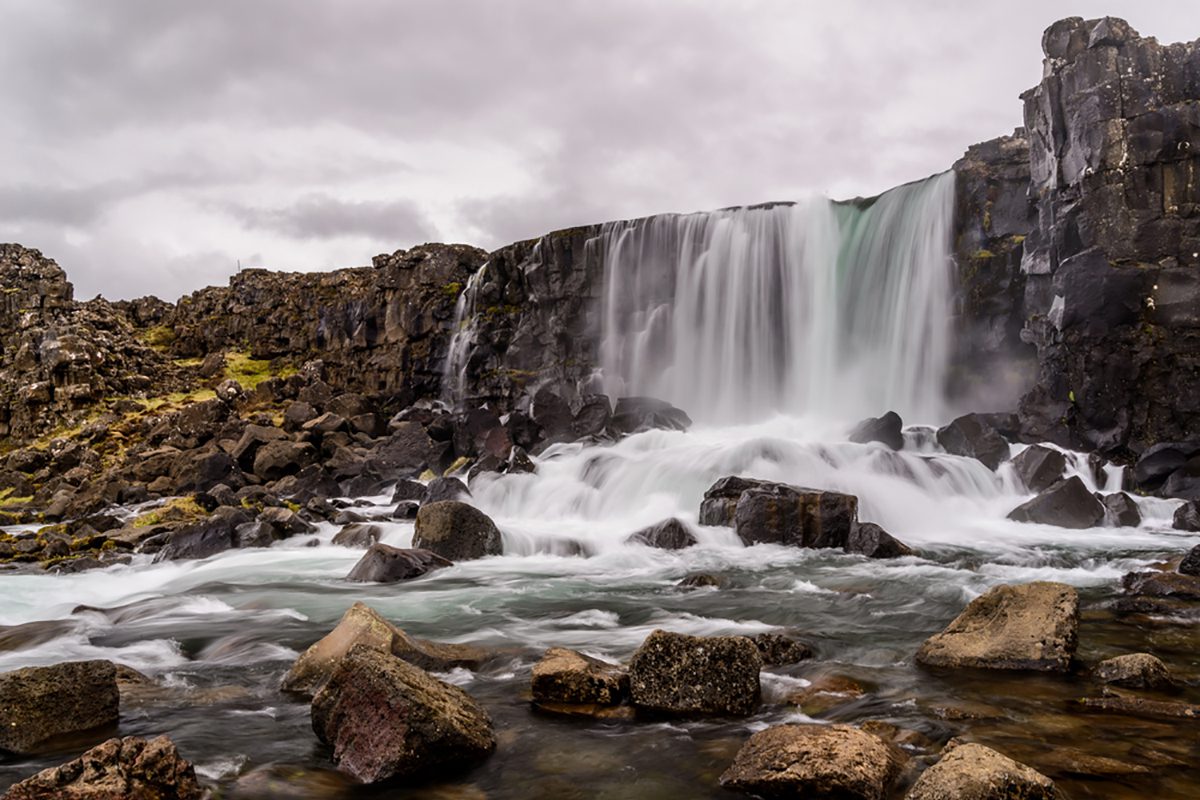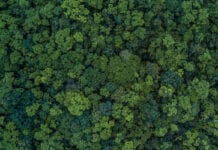
Rising temperatures will lead to fewer predatory species living in freshwater habitats, according to new research led by the University of Essex.
The study is the first to look in-depth at the effects of global warming on the structure of food webs within natural freshwater ecosystems and shows the winners and losers when it comes to climate change.
The research, published in the Nature Climate Change journal, found that some species, such as brown trout, cope surprisingly well with high temperatures, leading to bigger and more abundant fish populations in the warmer streams.
However, the research, led by Dr Eoin O’Gorman from the School of Biological Sciences at Essex, found there are also many losers when it comes to global warming. Our freshwater stream habitats are home to a diverse range of species which are all connected to each other through an intricate “food web” of feeding interactions. The stronger feeding pressure from the fish in the warm streams leads to the loss of many species and their interactions, simplifying the food web.
“Simpler food webs with fewer predatory species and fewer interactions make them more vulnerable to other changes in the environment,” explained Dr O’Gorman, an ecologist with expertise in aquatic ecosystems. “For example, the ecosystem is less likely to withstand an extreme event like a flood or a heatwave, which could cause it to shift to a completely new state.”
The researchers have been studying the effects of increasing temperature on stream ecosystems in Iceland over the past decade. Their study site, the Hengill valley, lies in a volcanically active zone where they have sampled more than a dozen streams that differ in temperature (from 5 to 25 °C) due to geothermal heating of the groundwater in the area.
The global team involved in this research showed how to predict the effects of warming on the balance of species in the food web using a simple mathematical model, based on the body size of the sampled organisms. By measuring or predicting how body size changes in warmer environments, the results show how the food web will change. These sorts of predictive models are crucial for managing our natural resources in the face of global change.
Dr O’Gorman added: “Nature always finds a way to persist, no matter how stressful the conditions. But the ecosystems that remain may look very different from the diverse, pristine environments we have become accustomed to in our lifetimes.”
The team’s next step is to test the results in other ecosystems around the globe. Another author on the paper, Professor Guy Woodward from Imperial College London, is leading a £3.7m project from the Natural Environment Research Council called the Ring of Fire. This project investigates similar geothermal systems around the Arctic Circle, including Greenland, Alaska, Svalbard, and Kamchatka. The team is also carrying out more controlled warming experiments in about 200 artificial ponds to see if they find similar patterns to the ones they uncovered in Iceland.







